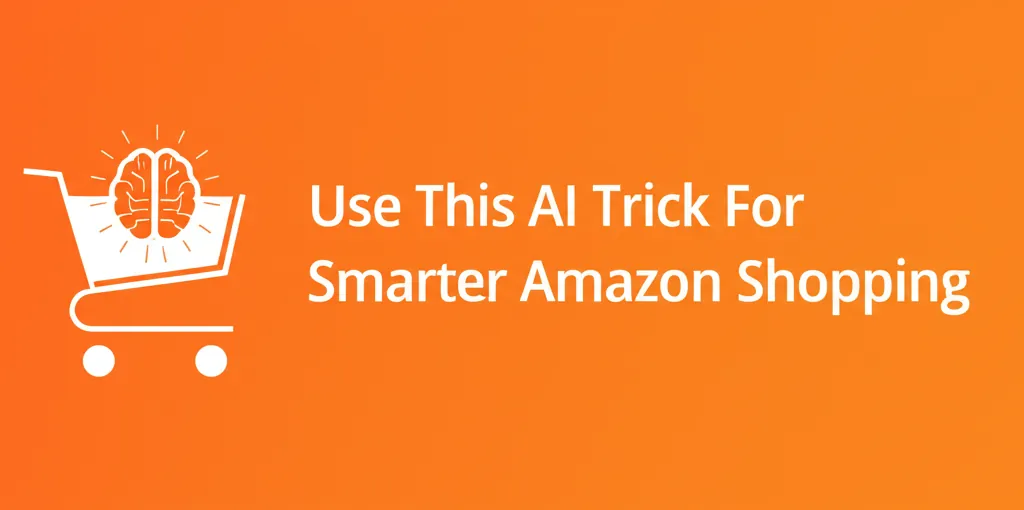Developer Offer
Try ImaginePro API with 50 Free Credits
Build and ship AI-powered visuals with Midjourney, Flux, and more — free credits refresh every month.
Seven Signs Your ChatGPT Habit Is A Crutch
The Double-Edged Sword of AI Productivity
When ChatGPT first emerged, it felt like a superpower for productivity. It could brainstorm social media posts, outline complex proposals, and even draft those tricky emails we all dread. But after a while, a subtle shift can occur. You might find yourself opening the AI app before you've even tried to formulate a thought, or feeling stuck when the Wi-Fi goes out. If this sounds familiar, you're not alone.
Cognitive science researchers and workplace psychologists are flagging the downsides of heavy AI reliance: a decline in creativity, a reluctance to make decisions, and an erosion of self-trust. The goal isn't to abandon powerful tools like ChatGPT, but to establish healthy guardrails. Here are seven less-obvious habits that experts say are early warning signs your AI partnership is becoming a dependency.
1. Outsourcing Your Initial Spark of Creativity
Do you launch ChatGPT before you've jotted down a single note? Wharton Professor Ethan Mollick refers to this as “ideation outsourcing.” When the machine generates the first ideas, your own unique perspective can get pushed to the side. A recent piece in the Harvard Business Review on "creative displacement" found that people who skip personal brainstorming and go straight to AI tend to produce more generic work.
Analogy: It’s like letting a contractor design your kitchen before you've even considered where you want to enjoy your morning coffee. The result might be functional, but it won't feel like yours.
Quick Fix: Implement a five-minute “solo sketch” rule. Before writing a prompt, spend five minutes drafting bullet points, doodling ideas, or recording a voice note. This simple act grounds the project in your own thinking.
2. Losing Your Authentic Voice in Communication
Have your emails started to sound less like you and more like a polite, generic stranger? Linguistics researchers have noted that frequent AI use can push our writing toward a “synthetic formality”—grammatically perfect, but lacking warmth and personal cadence.
Analogy: Imagine your favorite song being auto-tuned into bland pop music. The melody is there, but the soul is gone.
Quick Fix: Keep a “voice checklist” nearby. Note your favorite idioms or punctuation quirks. After ChatGPT drafts a message, take 60 seconds to perform a “voice pass” and weave your personality back in.
3. Deferring Decisions and Eroding Self-Trust
Using AI to decide on dinner plans or which sneakers to buy seems harmless. However, constant reliance on algorithms for minor choices can diminish your ability to make decisions on your own. A study in the Journal of Behavioral Decision Making indicates that this habit lowers decisional confidence—your trust in your own judgment.
Analogy: It's like using GPS so much you forget how to navigate your own neighborhood. You've simply handed over the steering wheel.
Quick Fix: Designate “intuition days.” For small, low-stakes choices, stay offline. Trust your own taste or even flip a coin. This flexes the cognitive muscles that algorithms can't replace.
4. Skipping the Crucial Fact-Checking Step
Large language models are masters at generating text that sounds authoritative, but they can still invent facts, a phenomenon known as hallucination. They might confidently provide statistics or references that are irrelevant, outdated, or completely fabricated.
Analogy: This is like a charming dinner guest who tells incredible stories, but only half of them are true. It's entertaining in conversation but dangerous in a report.
Quick Fix: Apply a two-source rule. Any data point or citation from the AI must be verified by at least one independent, reliable source before you use it professionally.
5. Feeling Anxious When You're Offline
Tech psychologists call it “dependency discomfort.” If a weak internet connection makes you feel creatively blocked or agitated, you may have shifted from being a tool user to a tool hostage. This over-reliance can trigger withdrawal symptoms similar to those seen when social media use is interrupted.
Analogy: It’s the mental version of leaving your phone at home and instinctively patting your empty pockets all day.
Quick Fix: Schedule deliberate “airplane-mode windows.” Whether it's a weekly brainstorm with a pen and paper or a work session at a café, prove to your brain that it can function beautifully without a data signal.
6. Creating Longer Drafts with Less Substance
Editors are noticing a trend: AI-assisted documents are often longer and more eloquent but lack a clear, decisive point. When we rely on AI for phrasing, we can skip the difficult work of pruning and refining our arguments, resulting in pretty but fuzzy prose.
Analogy: This is like decorating a lopsided Christmas tree with more and more ornaments. You get plenty of glitter, but the core structure is still weak.
Quick Fix: After generating a draft, try a “90 → 50 pass.” Force yourself to shrink a 90-word paragraph down to 50 words without losing the essential meaning. If the paragraph crumbles, you'll know it was mostly fluff.
7. Losing Pride in Your Own Work
This is perhaps the most subtle red flag. When your AI assistance is heavy, you might feel a dip in intrinsic satisfaction—the simple pride of creating something yourself—even if the results are good. This can erode long-term motivation and lead to creative burnout.
Analogy: Think of a store-bought cake versus one you baked yourself. Both can be delicious, but only one gives you that deep sense of “I made this.”
Quick Fix: Maintain a “manual zone” in every project. This could be a personal anecdote, a custom-designed slide, or a handcrafted illustration. This small, handcrafted element re-anchors your sense of ownership and keeps the feeling of accomplishment alive.
How to Build a Healthier Partnership with AI
By putting a few simple safeguards in place, you can ensure AI remains a powerful assistant that augments your skills, rather than replacing them.
- Use the Seed → Ask → Edit Loop: Always start with your own idea (the seed), let ChatGPT help it grow (the ask), and then ruthlessly edit it until it reflects your unique perspective.
- Establish a Fact Checkpoint: Never let the model be its own source. Cross-verify any data, quotes, or citations it provides.
- Conduct a Voice Audit: Read your drafts aloud. If it sounds like a generic chatbot, inject your own personality and expressions.
- Schedule Offline Hours: Treat analog brainstorming time as a gym session for your creativity.
- Celebrate Manual Wins: Acknowledge and take pride in the parts of a project you completed with minimal AI help. Pride is a powerful motivator.
Compare Plans & Pricing
Find the plan that matches your workload and unlock full access to ImaginePro.
| Plan | Price | Highlights |
|---|---|---|
| Standard | $8 / month |
|
| Premium | $20 / month |
|
Need custom terms? Talk to us to tailor credits, rate limits, or deployment options.
View All Pricing Details

